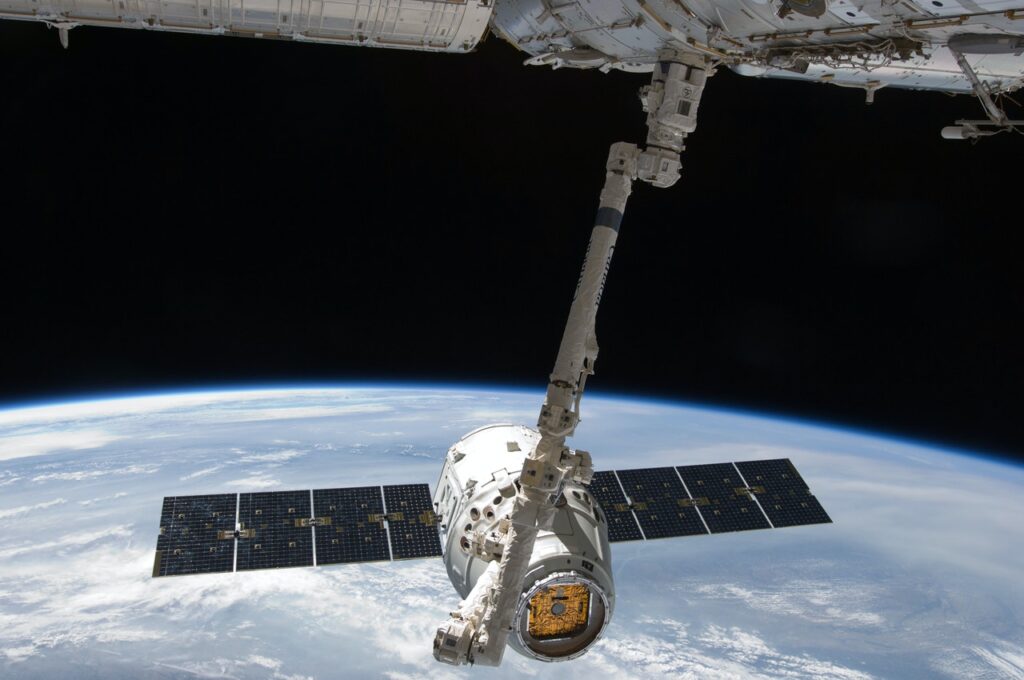Last summer, researchers from Frontier Development Lab (FDL) conducted a study on the health of astronauts, together with the AI Mentors of InteL. The aim was to evaluate the effects of radiation exposure on the physiology of astronauts. Intel’s artificial intelligence (AI) enabled FDL to create the world’s first algorithm capable of identifying biomarkers of cancer progress. The research used a combination of radiation exposure data in mice and humans.
Intel’s AI allows you to monitor the health of astronauts
Cosmic radiation can penetrate several layers of steel and aluminum, and then affect human tissues in space travel. It is therefore necessary to study its effects to evaluate the safety of women and men who will explore our solar system. Data on these effects are carefully protected by several institutions. To access this data, Intel and FDL have formulated a causal machine learning statement. In this way, a number of institutions can educate an AI algorithm on the data contained in different locations without having to share it.
Paul Duckworth, FDL researcher, explains: “With the help of Intel we have formulated the ways in which causal machine learning models can operate to access data in different locations without having to move it from the memories where it resides. Over the course of 2021, FDL achieved its goal of using algorithms specifically designed to better understand, improve and support the health of astronauts. This research is of great value, one day it could be of help to the astronauts of the International Space Station (ISS), of future space stations or of the next lunar mission in 2024, as well as to people suffering from cancers on earth ”. –

How does it work?
The researchers developed the model of data mining CRISP 2.0, which showed that data on the effects of radiation on rodents can be used with homologs of data on humans. So we can use those searches for too instruct the analysis algorithm on the astronaut body. This allows us to predict more accurately which genes will be affected by radiation, generating tumors or immune responses.
Patrick Foley, Intel lead technical mentor comments: “The FDL Astronaut Health team has achieved truly incredible results, both for their original insight into combining data from humans and mice, and for having identified numerous genes responsible for the onset of tumors. This work is testimony to what can happen when public and private institutions collaborate, and when shared knowledge can be used to make discoveries that would otherwise remain in the shadows. We are sure that this research will continue to find solutions to protect the health of astronauts and enrich the lives of every person on Earth ”.
Research is based Open Federated Learning (OpenFL). The infrastructure created by Intel and FDL researchers on Google Cloud, to ensure the health of astronauts. It serves to educate and combine the results from the CRISP 2.0 models of institutions such as NASA, Mayo Clinic and NASA Gene Lab. All without having to transfer data to a central memory. Each institution was able to carry out an AI instruction cycle on each local dataset, to then send it to the central node. Here they aggregated and shared the data for further analysis and to obtain new information.
A way to collaborate without having to hide any sensitive data. Using artificial intelligence for the health of people who are brave and capable of exploring the cosmos for us.















Leave a Reply
View Comments